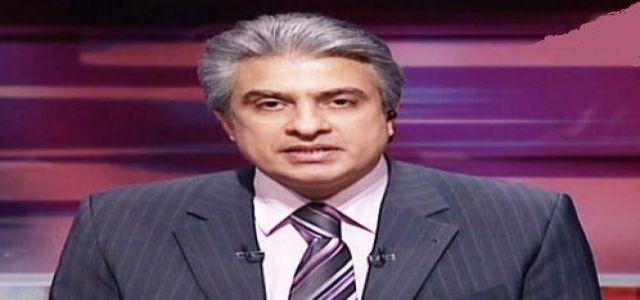- Human RightsMilitary Tribunal
- October 7, 2007
- 5 minutes read
Regime Cracks Down on Independent Press

Several prominent independent and opposition journalists received prison sentences this month for libelling senior figures of the ruling National Democratic Party (NDP), including President Hosni Mubarak and his influential son, Gamal. Some critics say that the move represents an attempt to quash discussion about the so-called “inheritance” of the presidency, which many close observers believe is imminent.
“The regime is very busy now with its plans for transfer of the presidency from father to son,” Abdel-Halim Qandil, former editor-in-chief of opposition weekly al-Karama and one of those to receive a prison sentence, told IPS. “The aim of the current campaign against journalists is to scare them away from discussing presidential succession or criticising the presidential heir.”
On Sep. 13, four prominent journalists were sentenced to one year each in prison for publishing libellous material about the President, his son — who is also assistant secretary general of the ruling party — and the interior minister. Along with Qandil, the defendants included Ibrahim Eissa of independent daily al-Dostour, Wael al-Ibrashi of independent weekly Sout al-Umma, and Adel Hammouda of independent weekly al-Fagr.
In addition to the jail terms, the four newspapermen were also slapped with fines of 20,000 Egyptian pounds (roughly 3,600 dollars) each.
The defendants, who are currently free on bail while awaiting appeal, attribute the harsh penalties to a heavy-handed attempt by the ruling party to stifle criticism of the regime.
“The NDP has decided it can no longer afford newspapers that expose malpractice and corruption,” Ibrashi was quoted as saying in the state press on Sep. 20. “It”s a signal that anyone who stands up to the NDP will be gotten rid of.”
Al-Dostour”s Eissa is facing additional charges of “publishing false information” concerning the President”s health, with a trial scheduled to begin in early October.
According to state prosecutors, Eissa “acted against the public interest” when he ran a report in late August suggesting that the 79-year-old Mubarak was seriously ill. The prosecution claims that the rumour — which later proved to be untrue — caused foreign investors to pull some 350 million dollars of capital out of the Egyptian economy in the days following the erroneous report.
President Mubarak, citing the potential dangers to national security posed by inaccurate news reporting, defended the rulings.
“I am not against criticism,” he was quoted as saying in a Sep. 15 interview with independent weekly al-Esboua. “But there”s a difference between constructive criticism that seeks to benefit society and destructive criticism that seeks to undermine it.”
The opposition press took another hit on Sep. 24, when the editor-in-chief and two journalists from liberal opposition daily al-Wafd were handed even harsher sentences. Found guilty of publishing statements in January that were falsely attributed to Justice Minister Mamdouh Marei, the three defendants were each sentenced to two years in jail.
Local press organisations and civil liberties activists, meanwhile, see the recent developments as a new escalation against Egypt”s burgeoning free press.
“The handing down of prison sentences to seven journalists in less than a month — five of whom are editors-in-chief — is unprecedented in the history of Egyptian journalism,” Yehia Qulash, secretary-general of the Egyptian Journalists” Syndicate, told IPS.
Qandil sees the recent decisions as a sign of the ruling party”s reluctance to tolerate an independent press that has grown markedly — both in terms of diversity and audacity — in recent years.
“In the last few years, journalists have begun crossing the red lines traditionally associated with Egyptian journalism, including the unspoken rule against criticising the President,” he said. “They have done this despite the fact that 18 different articles of the penal code still include provisions for jailing journalists for press offences.
“This is the root of the problem. Egypt must follow the example of most other countries in the world and amend these restrictive laws.”
In February of 2004, President Mubarak famously vowed to amend Egypt”s press law to eliminate prison terms for so-called “publication offences”. Despite the promise, however, the restrictive legislation remains in place, and reporters still run the risk of serving jail time for publishing material critical of the regime”s leadership.
Along with the crackdown on journalists, this month has also witnessed new escalations against the Muslim Brotherhood opposition movement and the closure of a local NGO devoted to promotion of civil liberties.
The younger Mubarak was appointed in 2004 to head the NDP”s Policies Committee, which has been highly influential in forging recent government policy. Since then, much of the political opposition — along with numerous independent political observers — has suggested that the ruling party is preparing for the “inheritance” of the presidency.
“The timing of the campaign against journalists comes right after rumours involving the president”s health and conjecture about the regime”s future, which are very sensitive subjects,” said Qulash. “The rulings also suggest that major arrangements are now being made behind the scenes, which the regime doesn”t want the free press to raise questions about.”



